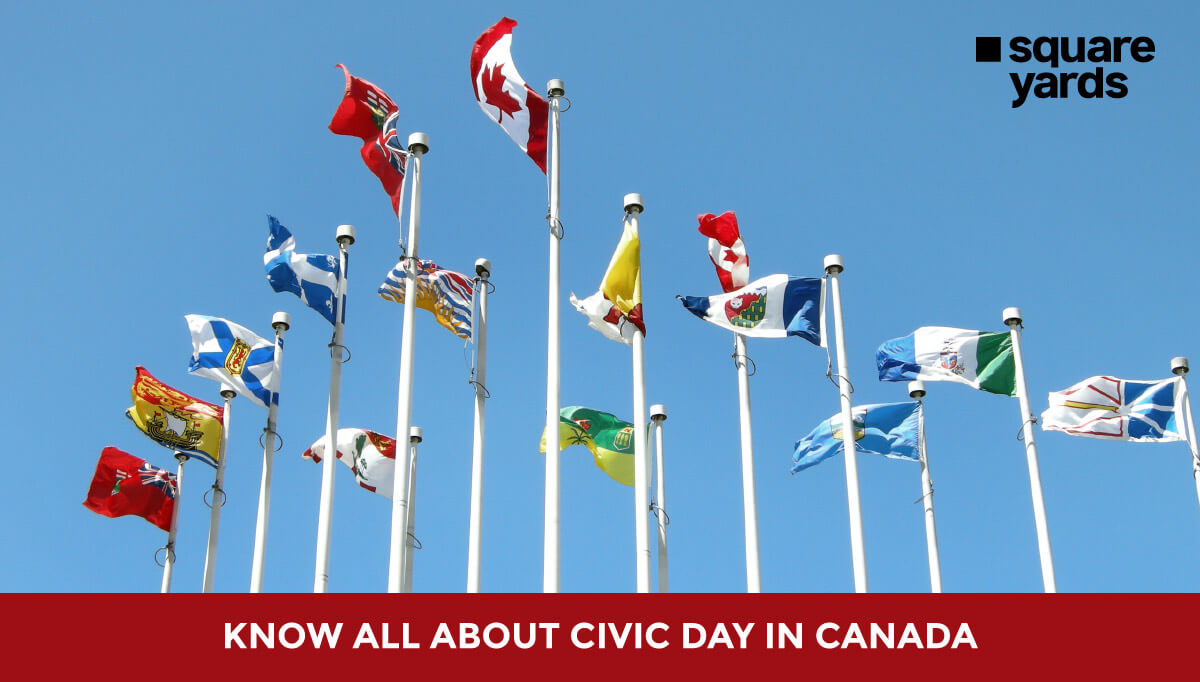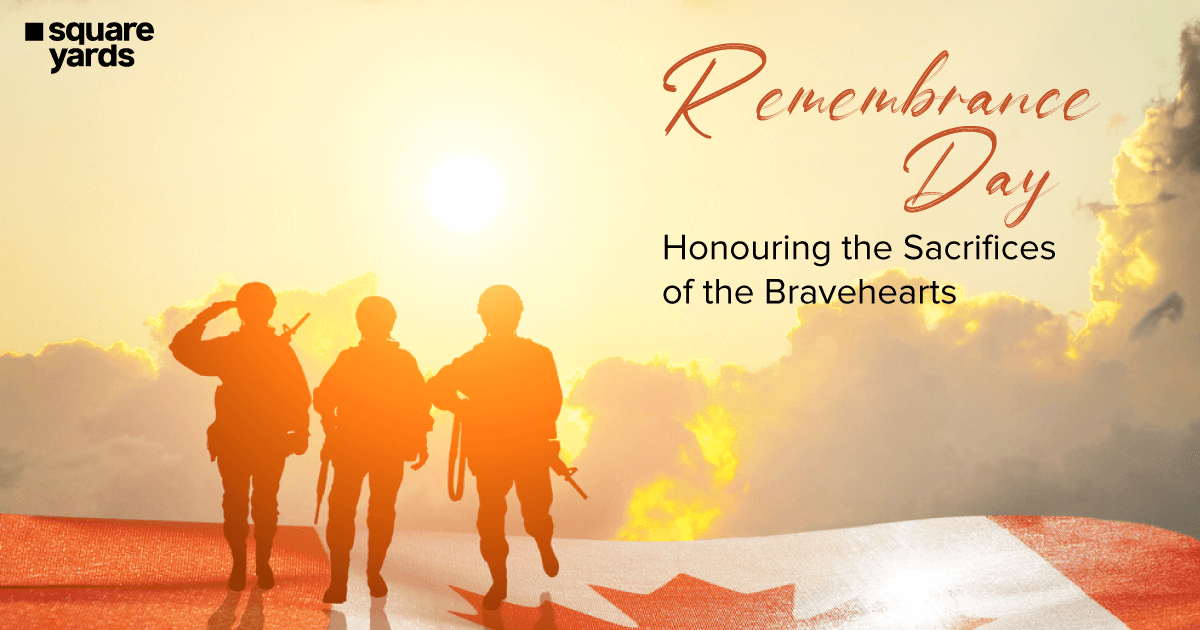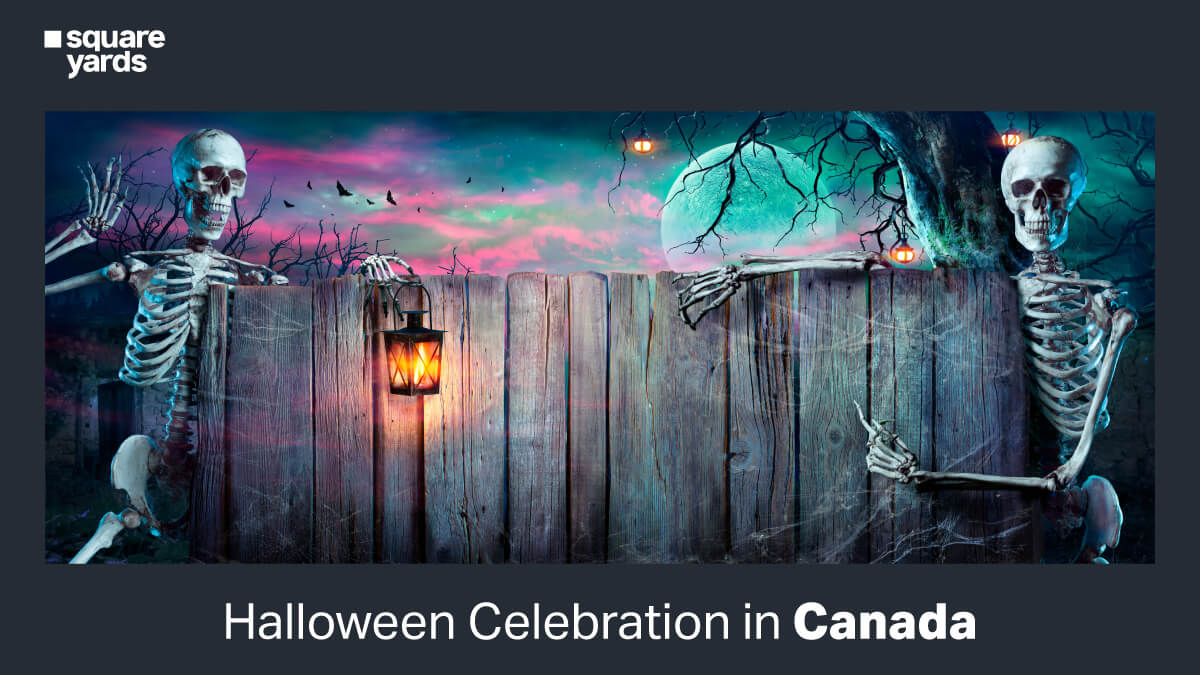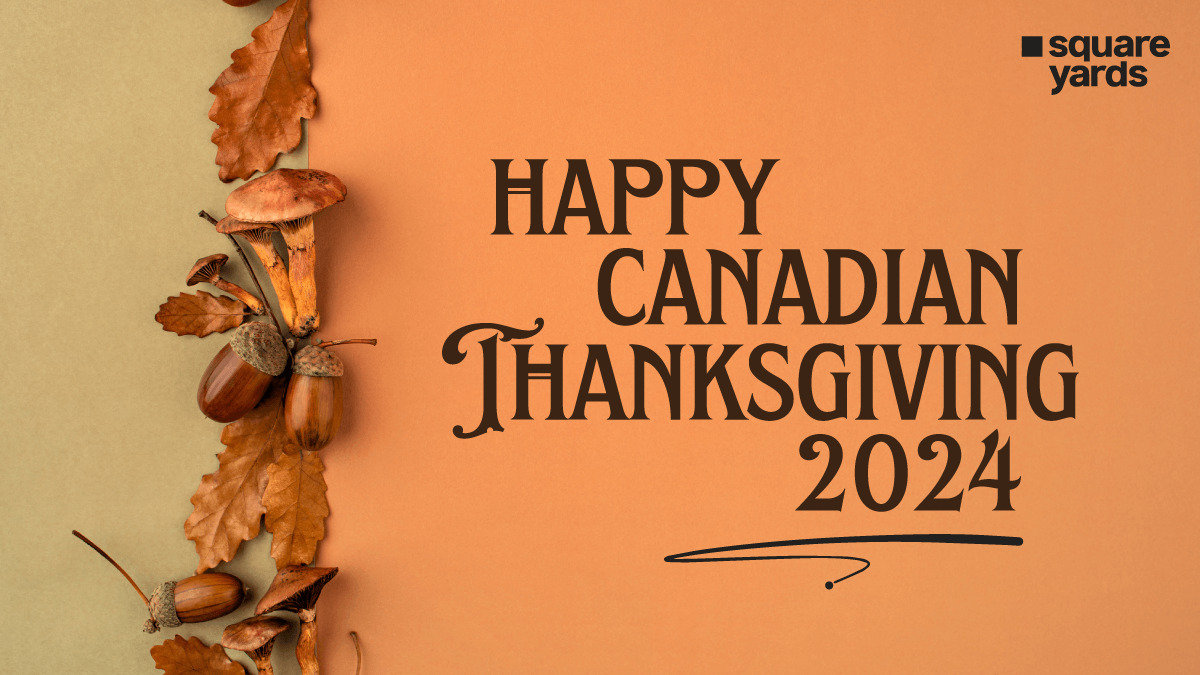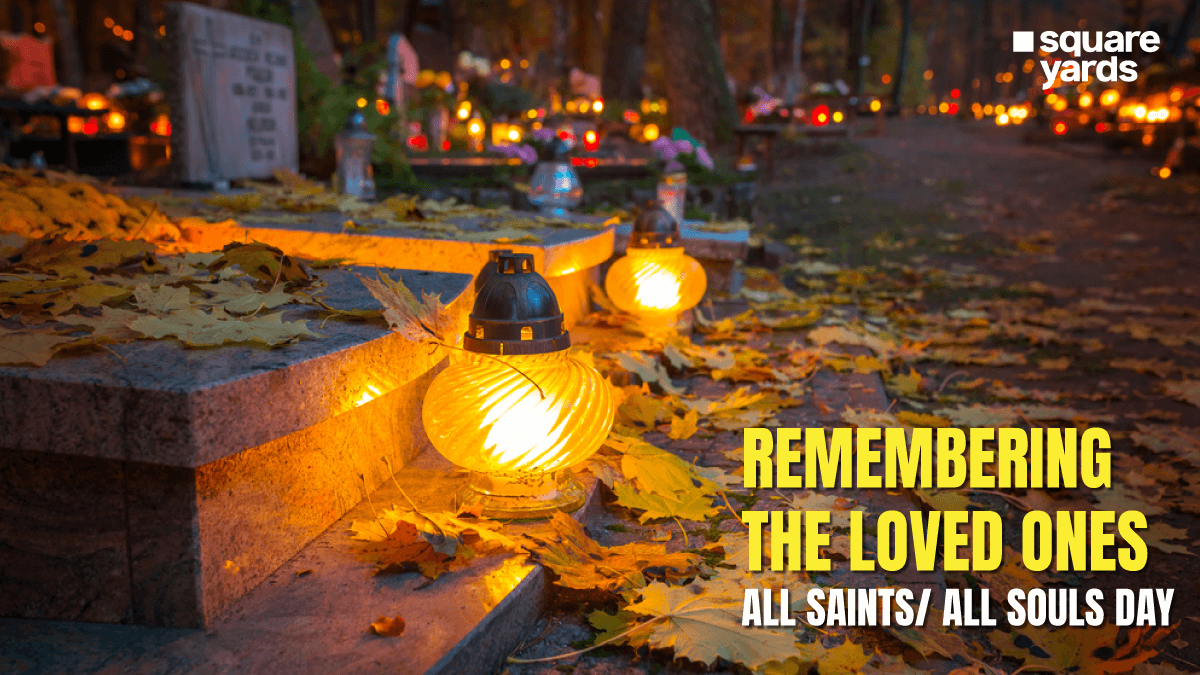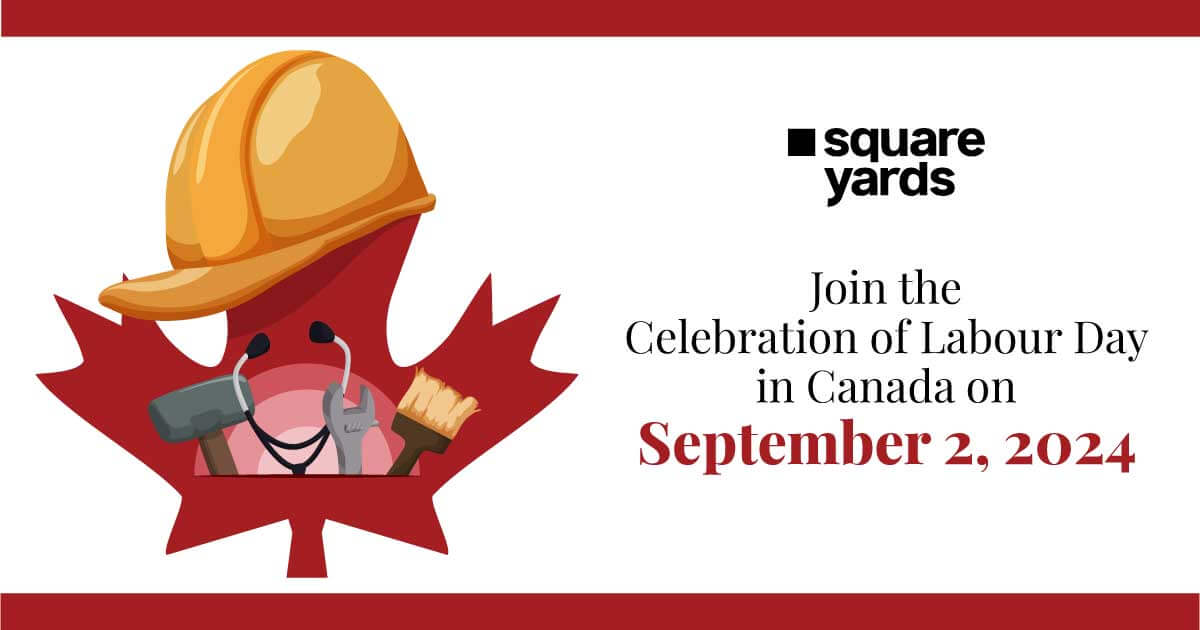Every year, the first Monday of August is celebrated as a Civic Holiday in many Canadian provinces and territories. This day is also known as Provincial Day, August Civic Holiday; for most Canadians, it is an August long weekend. In Canada, Nunavut and the Northwest Territories officially recognise Civic Holiday as a statutory holiday. It is commemorated in honour of Canada’s local history, culture, and noteworthy achievements of the Canadian people. Normally, Provincial Day celebrations include many exciting activities like communal meals, barbecues, road races, cultural festivities, and professional fireworks displays.
Civic Holiday is a statutory holiday in many provinces across Canada, and every territory has its name for this special day. Usually, people take Friday off and leave for a holiday with their loved ones as they get a long weekend. Civic Holiday in 2025 will be celebrated on August 4, so people may plan their outings and celebrations to enjoy this long weekend to the fullest. Let us explore how this public holiday is celebrated across Canada, its regional names and the history of this day.
Prolific History of Civic Holiday
The word ‘Civic’ was used for the day’s celebration, and the reason to celebrate this day varies in each province, territory, and municipality. Each of these provinces, territories, and municipalities has the authority to declare Civic Holiday a statutory holiday or not. The history of this Canadian Civic Holiday can be traced back to the mid-19th century. Many cities like Upper Canada, which is now Ontario, began to have public holidays at the beginning of August. These holidays were celebrated in August but varied yearly and were declared by the mayor. The dates of this August Civic Holiday differed every year, but the idea spread quickly into neighbouring territories like Manitoba and Winnipeg.
During this mid-summer holiday, people spent time with their loved ones and went on picnics and excursions. Additionally, shops were closed, and people travelled on the railways to enjoy weekend picnics in Canada. In 1869, the mayor of Toronto organised a day of recreation for the citizens in the middle of the summer. It could be said that the idea behind this holiday was to let the citizens have a memorable time with their families.
Around 1874, Manitoba province joined the bandwagon and began organising annual public holidays in August. The first public holiday in Winnipeg also took place in 1874. In 1875, Toronto City Council celebrated its first Civic Holiday on the first Monday of August. After some years, this holiday became standardised, and many provinces started hosting celebrations on this Civic Holiday. British Columbia was the last Canadian province to officially observe the annual holiday in 1974.
Interesting Civic Day Customs & Celebrations

Civic Holiday is not a national public holiday in Canada. However, some Canadian provinces and territories have declared it as a provincial or territorial statutory holiday. No symbols of the Civic Holiday are used all over Canada. Nevertheless, each province and territory has its flag and coat of arms, which they can showcase in the celebrations to highlight their uniqueness. In addition, many provinces in Canada have a provincial tartan and flowers, trees, birds and minerals or gemstones, which they use as symbols of their respective provinces.
Civic Day or Provincial Day celebrations may be low-key, but they are where people remember Canada’s cultural, historical, and artistic diversity. Moreover, some large-scale events like road races, parades, concerts, music festivals, and firework displays are also organised, giving the Canadian people a perfect opportunity to have a great time with their loved ones in bright, sunny weather. While some people may prefer to relish their taste buds with the lip-smacking delicacies at home during this Canadian Civic Holiday, others have a gala time at public events.
Bustling Public Life in Canada on Civic Holiday
Civic holidays are statutory holidays in provinces like British Columbia, New Brunswick, Saskatchewan, Nunavut and the Northwest Territories. It is a public holiday in other provinces like Alberta, Manitoba and Nova Scotia. Ontario, Quebec and Yukon do not follow the first Monday of August as a holiday. However, some employers in Ontario may give their employees a holiday. People living in the Canadian provinces that observe Civic Day are often advised to check the transport services with the local authorities before planning their outings and picnics. Schools, post offices and many businesses and shops are closed on this day, so many people plan their weekend well in advance. Some public events and people travelling in large numbers in their private vehicles can cause traffic disruption in towns and cities.
Canadians enjoy camping, attending local festivals and participating in sports events, parades and barbecues. Hence, many provinces and cities organise cultural and historical activities for Civic Holiday. Several Canadian provinces also hold award ceremonies on this day to reward the diligence of the residents. People also participate in community-led programs to work towards the betterment of society, and Civic/Provincial Day gives them an ideal occasion to organise many such informative programs.
Civic Holiday and its fascinating local names
The Canadian Civic Holiday has different legal statuses and interesting local names nationwide. For instance, Alberta celebrates the Civic Holiday as ‘Heritage Day’ to honour the province’s rich heritage, and Nova Scotia calls it ‘Natal Day’ to mark the province’s birthday. Toronto refers to the first Monday in August as ‘Simcoe Day’ in honour of John Graves Simcoe, who founded the town of York, Upper Canada, which has now become Toronto. ‘Colonel By Day’ is the name given to this Civic Holiday by Ottawa in memory of John By, who constructed the waterway (Rideau Canal) and founded Bytown, now known as Ottawa.
Let us discover the names of Civic Day or Provincial Day in the respective Canadian provinces in the table given below –
| Name of the province or territory | Local name for Civic Holiday |
| Alberta | Heritage Day |
| British Columbia | British Columbia Day |
| Burlington, Ontario | Joseph Brant Day |
| City of Vaughan, Ontario | Benjamin Vaughan Day |
| Manitoba | Terry Fox day |
| New Brunswick | New Brunswick Day |
| Newfoundland | Regatta Day |
| Northwest Territories | Civic Holiday |
| Nova Scotia | Natal Day |
| Nunavut | Civic Holiday |
| Ottawa | Colonel By Day |
| Saskatchewan | Saskatchewan Day |
| Toronto | Simcoe Day |
Quebec and Yukon provinces celebrate their local history and culture on different dates. In Quebec, the National Holiday is observed on June 24 as St. Jean Baptiste Day. On the other hand, Discovery Day is celebrated on the third Monday in August in Yukon province to commemorate the discovery of gold in 1896.
Ceremonial and Exciting Civic Holiday Events

Canada is a country that aptly depicts unity in diversity. Every province has its unique way and reason for celebrating Provincial Day with zeal and happiness. Community members and local governments organise events to celebrate the respective provinces’ historical importance and showcase cultural diversity.
Saskatchewan, New Brunswick, and British Columbia celebrate their birthdays on this day, while some municipalities in Nova Scotia, such as Halifax, Dartmouth, and Annapolis Royal, organise natal celebrations to commemorate the founding of their respective municipalities. Apart from these official events, public events like cultural displays, festivals, concerts, family-friendly activities, and parades are also arranged. Canadians also experience a magnificent fireworks display in many parts of the country.
Conclusion
May it be named Civic Day, Provincial Day, or August Civic Holiday, the essence of its celebration is to treasure the cultural diversity of Canada. Through many low-key or large-scale activities, people celebrate the first Monday of August in Canada as a day to remember their prolific heritage and achievements. Every province and territory in Canada has the right to decide whether to declare Civic Day a statutory or territorial holiday or not to observe it as a public holiday. The reasons and local names for celebrating this day may vary throughout the nation, but the passion for commemorating Civic Day is universal throughout Canada.
You May Also Read :
| Celebrate Good Friday in Canada | Good Friday |
| Guide To Groundhog Day | Groundhog Day |
| Best Ideas For Fathers Day in Canada | Fathers Day in Canada |
| Know About Eid Al Adha | Eid Al Adha |
Frequently Asked Question (FAQs)
The first Monday of August is celebrated as the Civic Holiday in many provinces and territories in Canada.
Civic Holiday is a public holiday in some territories and provinces in Canada. The provinces and territories can decide whether to observe Civic Day as a public holiday.
The origin of the Canadian Civic Holiday can be traced back to the mid-1850s to early 1860s when some cities in Upper Canada (currently Ontario) started to observe a public holiday in August.
The Civic Holiday is observed in most provinces and territories across Canada on the first Monday of August to honour the cultural diversity and celebrate the local history and achievements of Canada and its people.
Civic Day in Northwest Territories, Nunavut, and Ontario is a public holiday. Other provinces and territories like British Columbia, New Brunswick and Saskatchewan celebrate this day but have different names and reasons. When is Civic Holiday in Canada?
Is Civic Holiday a public holiday in Canada?
What is the origin of the Civic Holiday?
Why is Civic Holiday celebrated?
Which provinces celebrate the civic day?

